B Vitamins
B Vitamins
A team of 8 vitamins working together to unlock energy, sharpen focus, and support daily wellbeing
Daily Target:
Varies by vitamin (see specific B vitamin pages)
The B-vitamin complex comprises eight water-soluble vitamins (B1, B2, B3, B5, B6, B7, B9 and B12). They help release energy from food, support brain and nerve function, aid red blood cell formation and keep skin and hair healthy. Because each B vitamin has its own recommended intake, there is no single daily target for the group; instead, eating a varied diet with whole grains, vegetables, legumes, nuts, seeds, eggs, dairy and meat will provide adequate amounts. B vitamins are water-soluble and not stored extensively, so regular intake is important.
Explore individual B vitamins
Vitamin B1 (Thiamin)
Helps convert food into energy and supports nervous system function
Vitamin B2 (Riboflavin)
Key for releasing energy from food and supporting healthy skin and eyes
Vitamin B3 (Niacin)
Essential for cellular health, mental clarity, and vibrant skin
Vitamin B5 (Pantothenic Acid)
A vital nutrient for energy production and hormone balance
Vitamin B6
Essential for a balanced mood, immune health, and utilising protein from food
Vitamin B7 (Biotin)
Supports the health of your hair, skin, and nails, while playing a vital role in energy production
Vitamin B9 (Folate)
The fundamental nutrient for building new cells and supporting healthy development
Vitamin B12
Helps make red blood cells and keeps the brain and nervous system healthy.
Good sources
8 almonds

provides
1.5 µg
1/2 an avocado

provides
80 µg
1 banana

provides
0.4 mg
1/2 cup black beans
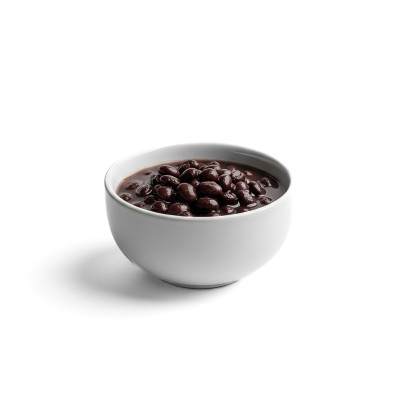
provides
169 µg
Brown rice serving
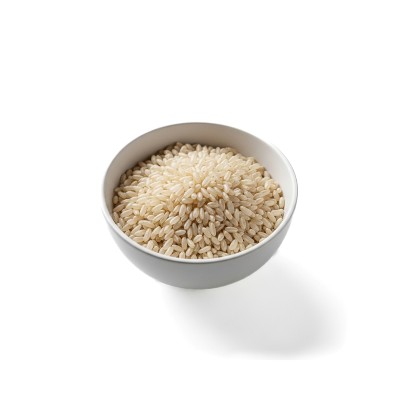
provides
3 mg
1 wedge of cheese (35 g)

provides
0.5 µg
1 chicken breast

provides
22.6 mg
Chickpeas serving
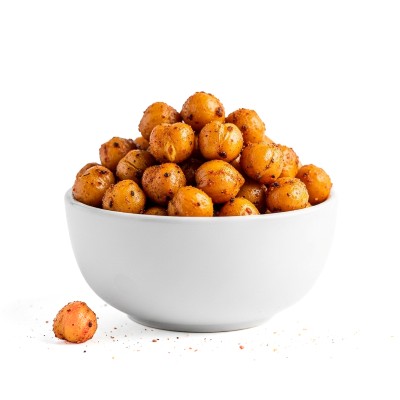
provides
0.6 mg
1 egg

provides
1.1 µg
1 serving of lentils

provides
270 µg
1 glass of milk

provides
1.0 µg
6 mushrooms

provides
0.4 mg
20 peanuts

provides
4 mg
250 g of pork

provides
1.53 mg
1 potato

provides
0.4 mg
1 salmon fillet

provides
3.6 µg
15 spinach leaves
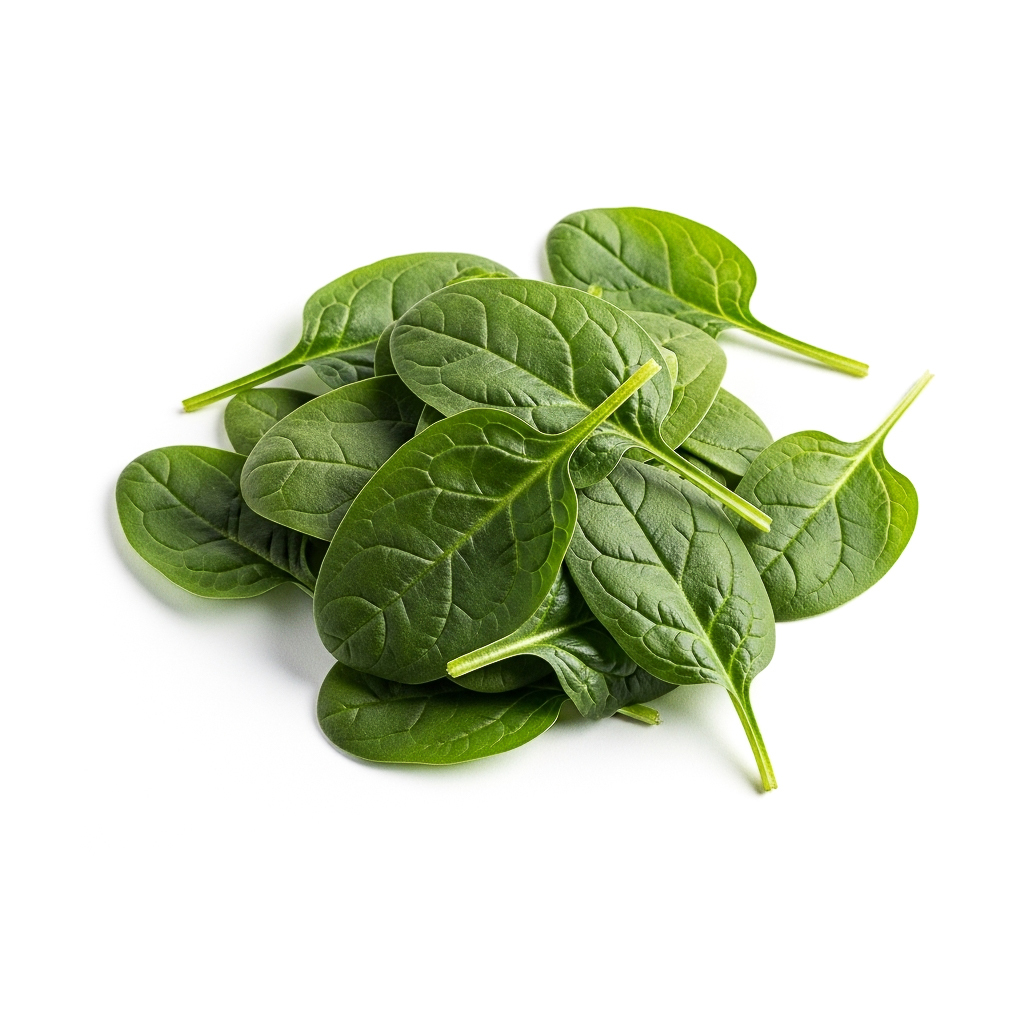
provides
60 µg
1 tbsp of sunflower seeds

provides
0.4 mg
1 sweet potato

provides
2.5 µg
1 portion of tuna (100 g)

provides
2.5 µg
1 slice of wholemeal bread
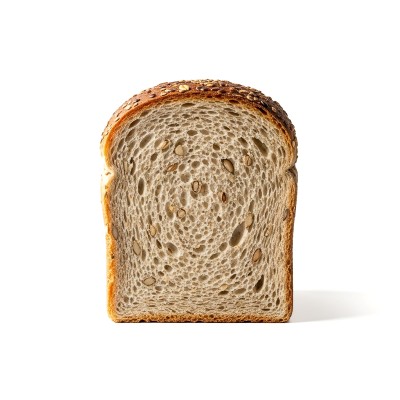
provides
0.3 mg
4 tbsp of yoghurt

provides
0.5 mg
What the research says
🇬🇧Learn about the B vitamins' key role in your health, the best food sources, and the daily amount to aim for.NHS: vitamin B guide
